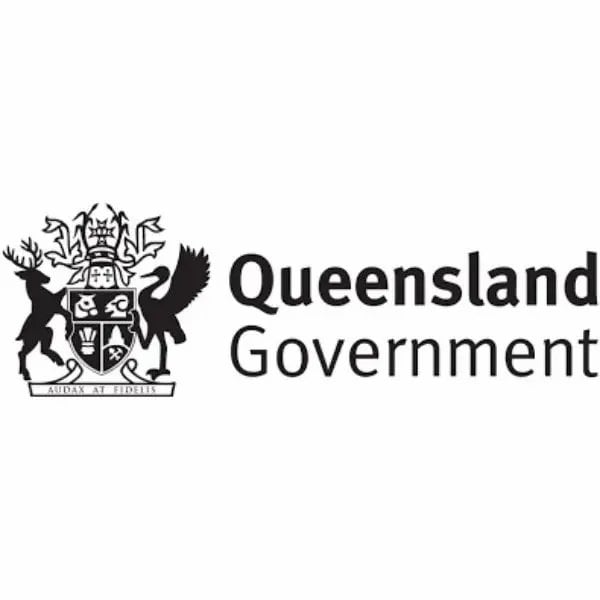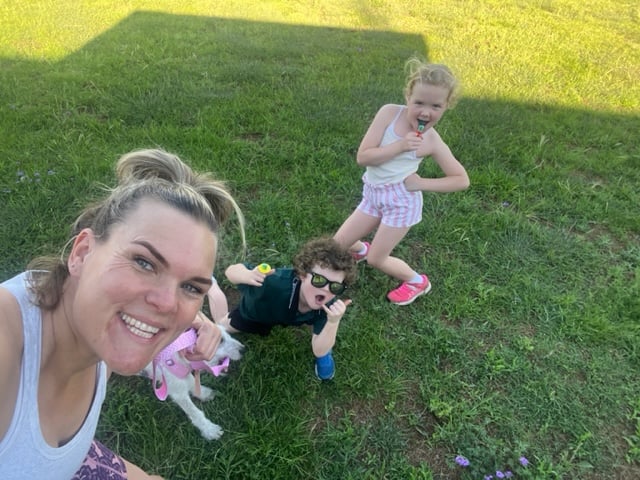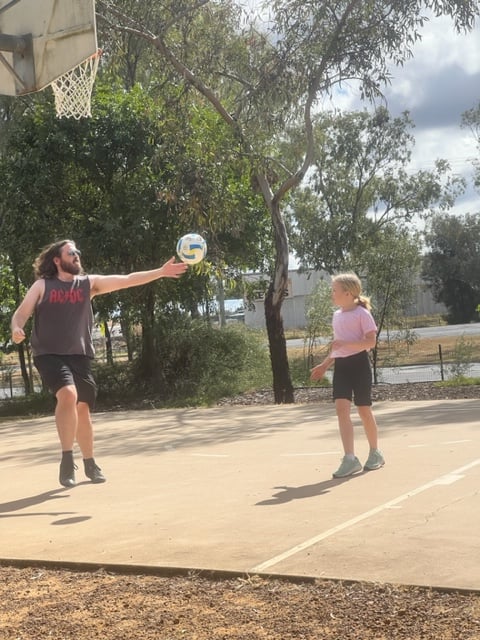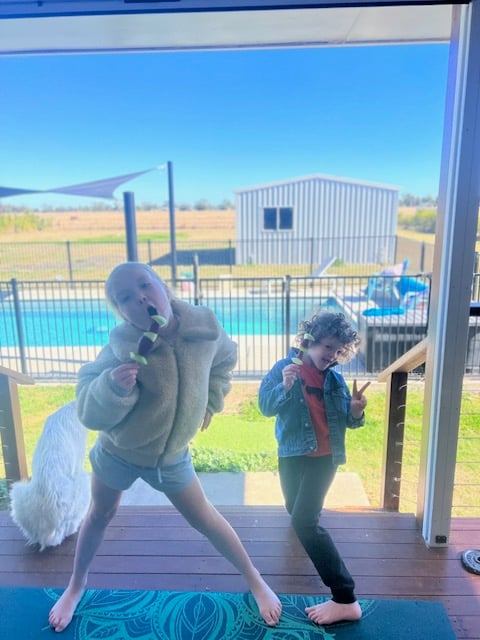

So, what did your parents teach you about healthy habits and wellbeing when you were a kid?
Were you forced to eat everything on your plate? Yes, including that limp, cold, soggy broccoli? Do photos from your family beach holidays show you were practically naked compared to our kids today in their sun-resistant scuba suits?
And what about emotional wellbeing? Parents ever tell you to “make space” for your feelings? Or did they give you a hug/back slap accompanied by a “you’ll be right mate. Suck it up. Lucky you're tough” etc, etc.
While we turned out fine(ish), the simplicity of this time cannot be repeated. Why? Because parents today are surrounded by all the parenting information.
Which is great. So great. Lucky us... it's just that there’s so much of it. And a lot of it is contradictory. And we’re tired. So tired.
And all we really want to know is – how can we raise healthy, happy and confident humans? How can we instil in them the healthy habits they need to live their very best lives?
To find our answer, we’ve stepped away from the rabbit hole that is Google and gone directly to the experts themselves.
Other parents.
Because we all know, if anyone has a hope of knowing what works and what doesn’t, it’s those of us in the thick of it right now.
Are we allowed to use technology with our kids to create healthy habits yet?
Ok, I’ll go first and share my two cents worth on this one.































































































